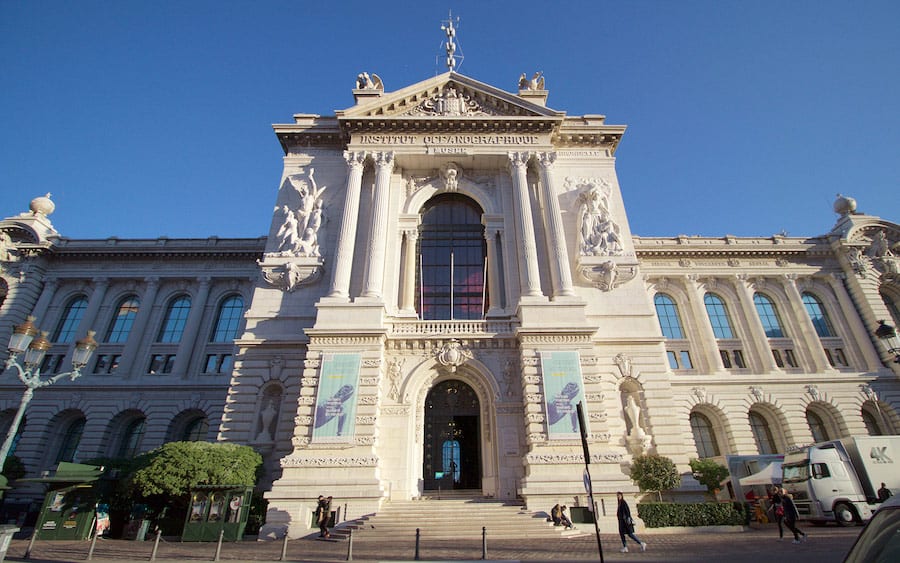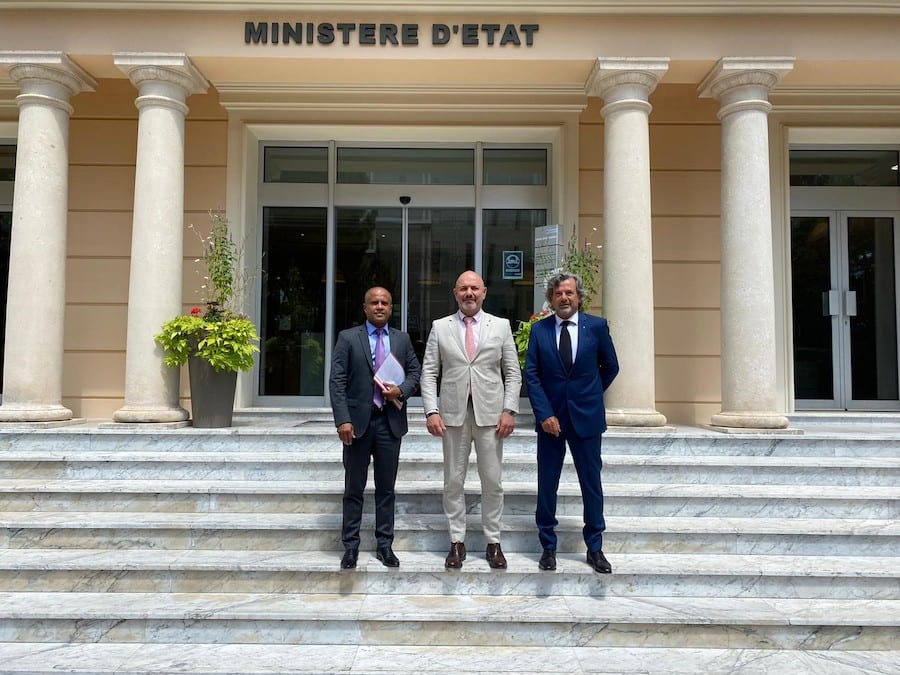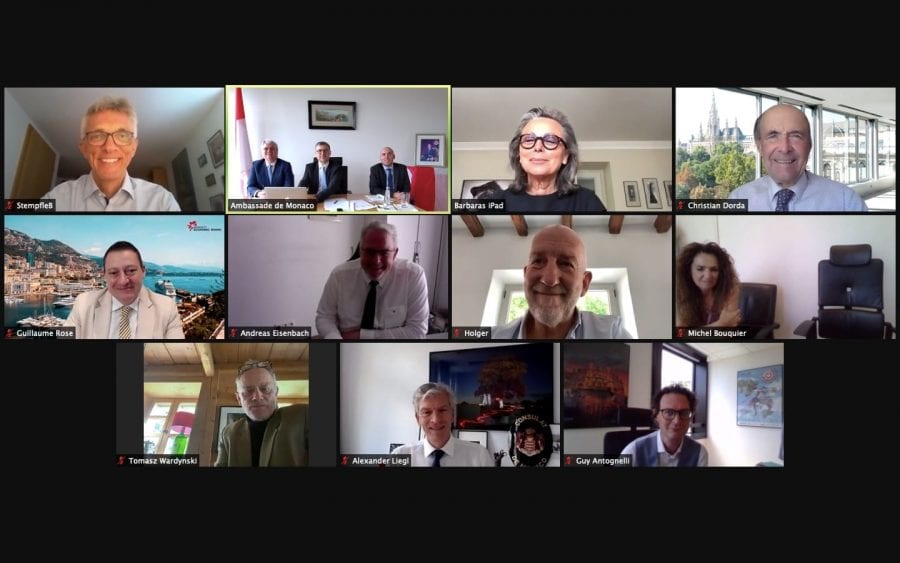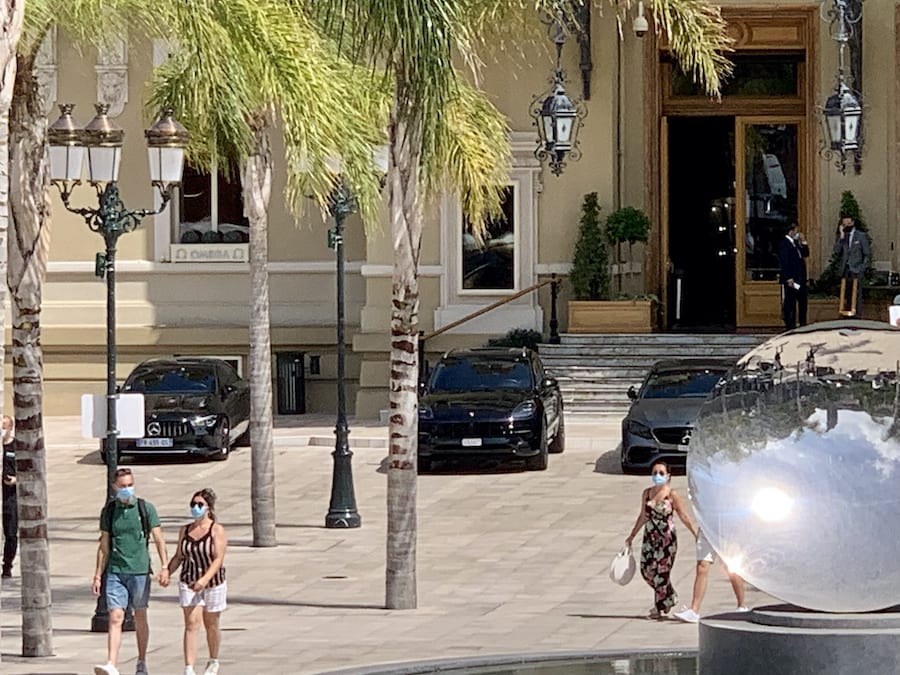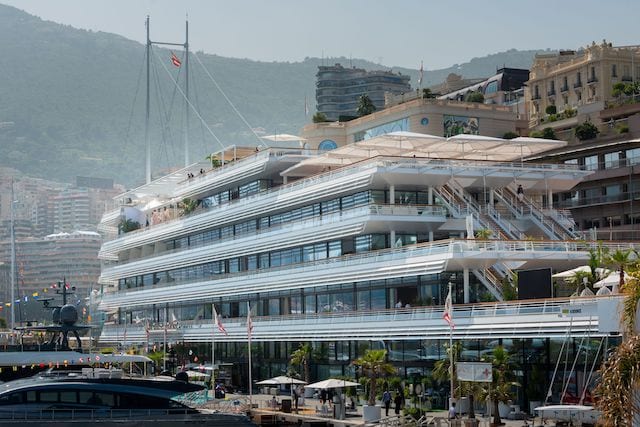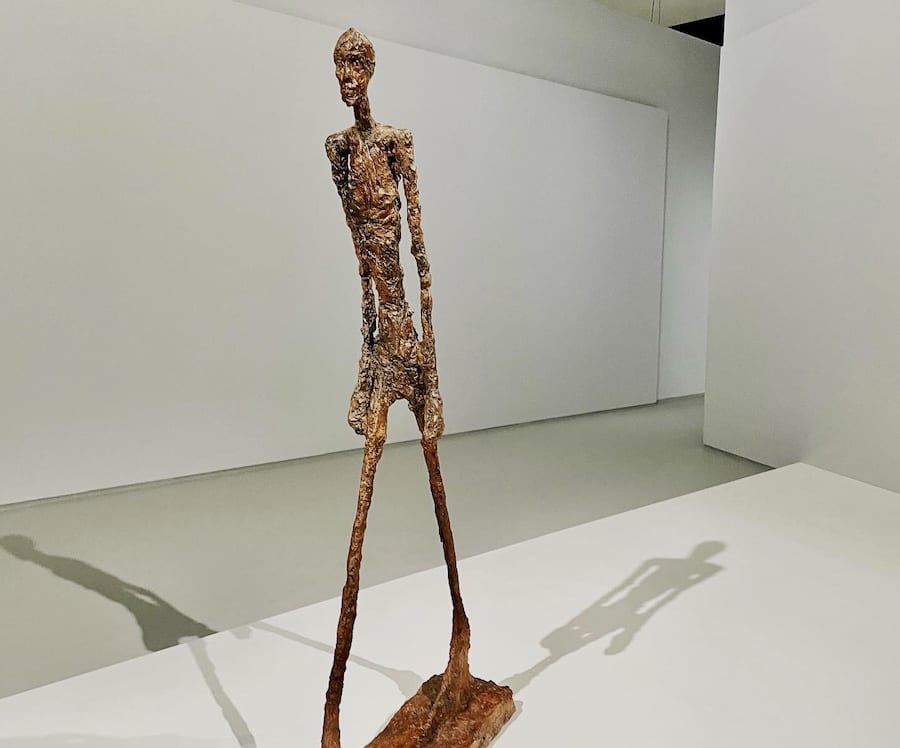The Oceanographic Museum is a great place to go to beat the heat this summer with fun, interactive experiences for all to enjoy. To sweeten the pot, from 5th July to 29th August, guests can take advantage of special rates for those arriving before 11am or after 5pm.
Some of the highlights include the Great Barrier Reef exhibition, Immersion, which allows visitors the chance to virtually dive 10 metres deep and meet the “great eight” living icons of this incredible undersea world. Be prepared to see sharks on their nightly hunt, parades of manta rays and baby turtles taking their first baths in their natural surroundings, classified as one of the Seven Natural Wonders of the World. Entry is free to this exhibit.
Visitors can also encounter the animals of the Mediterranean coast at the museum’s Touch Basin. Located in the educational room, kids can see real live sea cucumbers, crabs, starfish and a variety of other species, learning how they move, what they eat and what their roles are in the grand scheme. The 30-minute adventure runs from 11am to 5:30pm daily with a cost of €36 per family, limited to six people.
The museum also boasts a fantastic Discovery Escape Room. Family and friends join in this time-space journey to try and find their way back to “port” aboard Prince Albert I’s famous laboratory ship, the Princesse Alice II. Players have to complete their mission by solving puzzles, deciphering codes and using team-building communication to avoid sinking the ship. There are two levels, the first a 30-minute beginner level or a 60-minute advanced level format.
People can also check out the virtual reality films taking them to mythical places under the sea with ImmerSEAve 360º. During this 30-minute event, viewers watch two films, Little Big Whale, following the voyages of a sperm whale in the big ocean, followed by Tubbataha 360º, a journey to the Philippines’ natural park Tubbataha, one of the most beautiful places on Earth, where guests can dive, without masks or snorkels, to its depths witnessing all that it has to offer. Tickets are €6 for those over 12 years old, or €20 for a family of two adults and two children.
For something a bit more comprehensive, the museum is putting on five-day events during the summer holidays for nine to 12 years olds running from 5th July to 3rd September. For a whole week, kids can participate in loads of activities and games, all whilst learning about the wonders of the sea. The day runs from 9am to 5pm and the cost is €350 per child for the week. There is a cap of 10 kids per session.
As with all the events at the museum, strict sanitary measures are in place, as are social distancing rules and the obligatory wearing of masks.
Photo by Cory Trepanier
